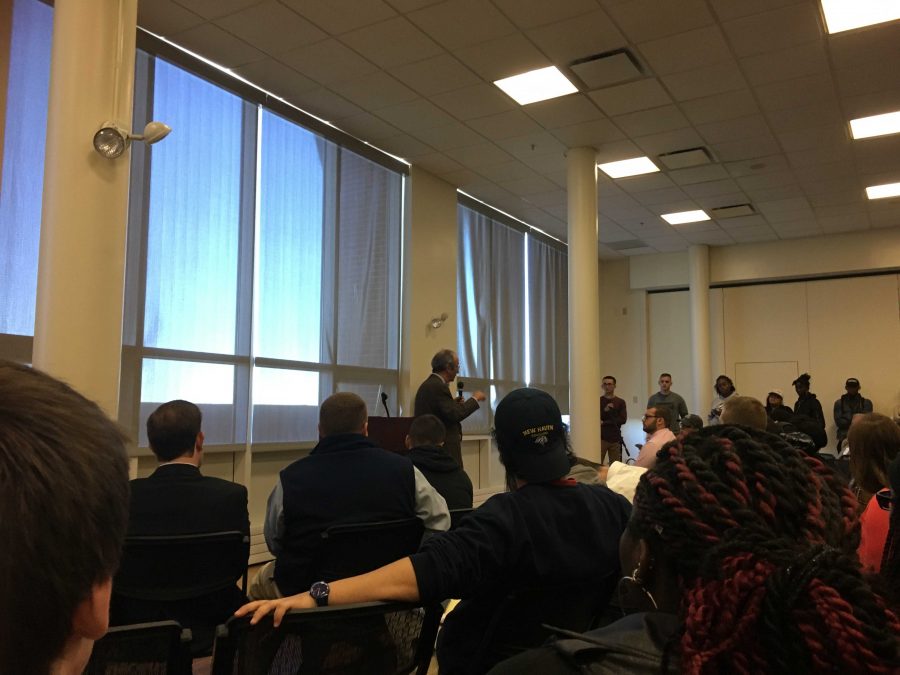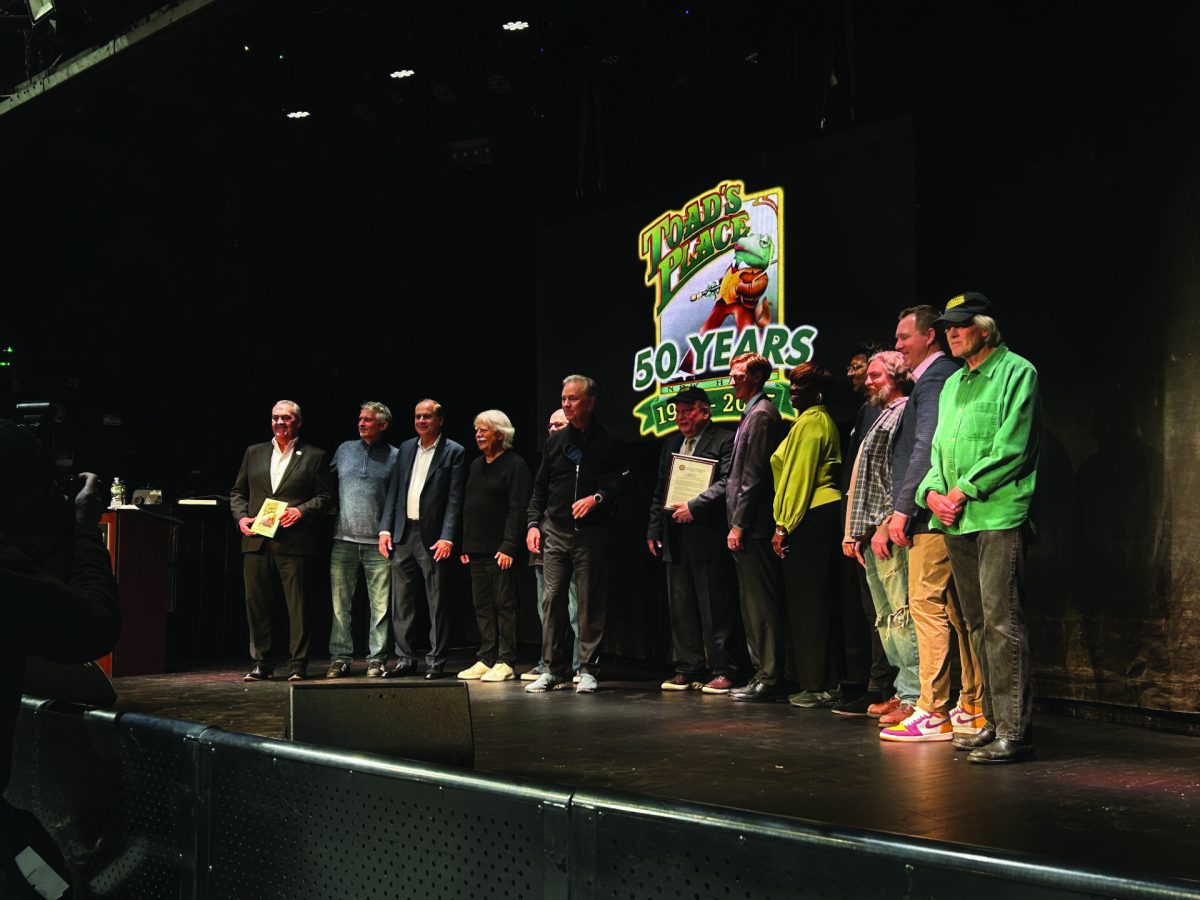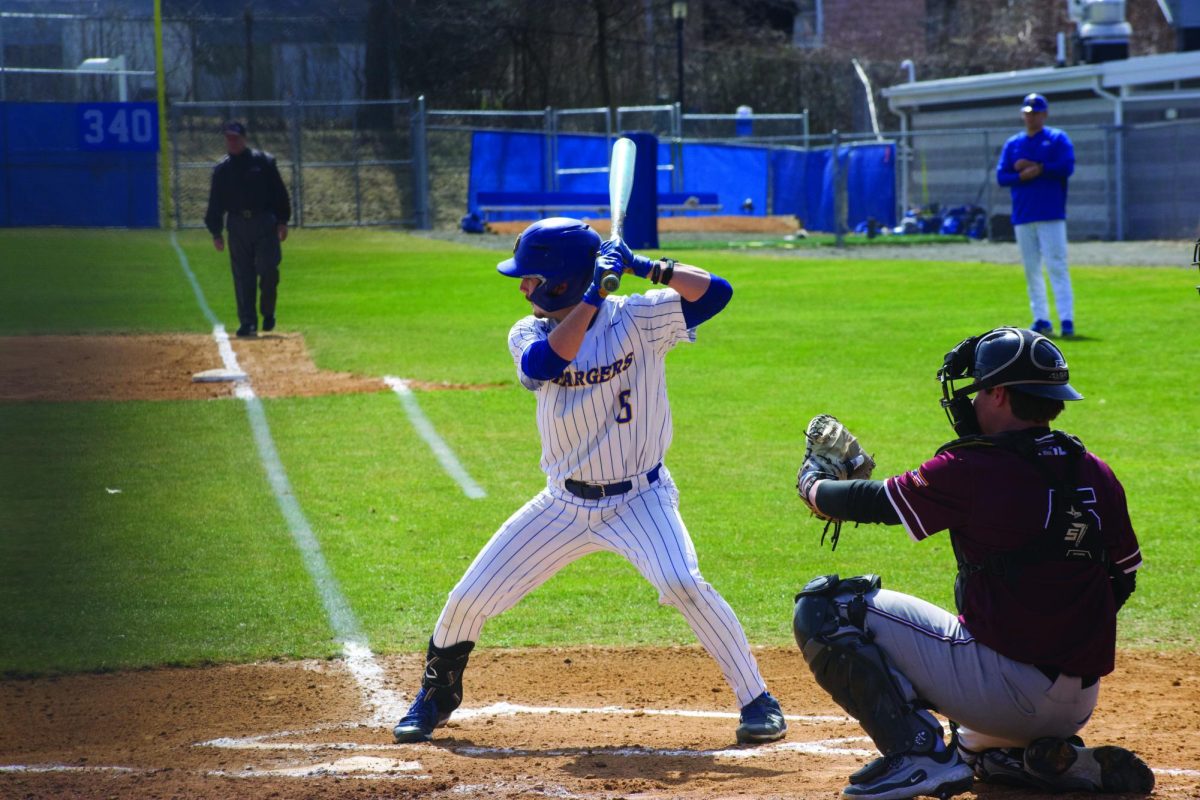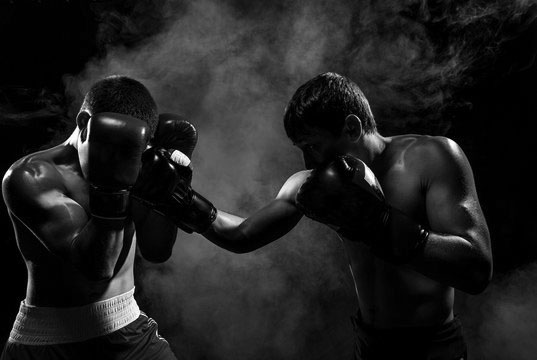The University of New Haven campus community is hosting a open forum that is welcoming all discussion geared toward the current controversy centered around Milwaukee Sheriff David Clarke, Jr. in the Alumni Lounge and is being moderated by Professor Mary O’Connor. The room is packed with students, faculty, staff. Stay up-to-date with the campus through our live stream on the blog and twitter.
President Kaplan open up the discussion with an explanation of his involvement and beliefs
“We aren’t some far left cult like Berkley,” student brings up. “The reason I picked the University of New Haven because there was a symbol of resemblance.”
“There is tension in this room right now and that is a problem,” another student says. “We should be able to stand up on this microphone and be fine with each other.”
“I really think people forget that people forget what freedom of speech means,” Tamara, a senior at the University. “He (Sheriff Clarke) was hateful in his words toward african americans.”
“I am part of the #BlackLivesMatter movement,” Tamara says. “It was not creating in a day. It was created over police brutality throughout the years.”
“America was built on slavery,” Tamara said. “It was build on bloodshed of my ancestors.”
Fellow student asks Tamara what were some of the offensive things that Sheriff Clarke said. Her response was “let me pull it up and I’ll go down the list.”
“People say that U.N.H. is not racist, but in reality there are some racists students,” Tamara said.
Another student stands up and said that “it was brought to a level that it did not to be brought up to.”
“Sheriff Clarke was here to discuss about forensics, not a political agenda,” the student says.
“There were three cover ups on social media regarding the story,” student says. “To lie about it, and cover it up at a predominantly criminal justice school is a disgrace.”
President Kaplan responds that there was no cover up.
“The frenzy is what Sheriff Clarke generated out of no where,” President Kaplan says. “We were instantly on the run.”
He says, “Our mistake, my mistake, was that we responded too quickly.”
Student asks about how exactly we should be talking to “black people.”
“We don’t have black history class. We don’t have an Indian history class. We don’t have a Asian history class. And, those are the type of classes we need here,” student responds. “It is hard to be able to teach the young people when the do get older that when the go out into the policing world they don’t go out there and think they to defend themselves against a black person.”
“People claim to be scared,” another student says. “What is the difference between a six-foot white man and a six-foot black man.”
Student who asked the initial question combats the issues with a solution by raising awareness to a peer advocacy
“If we can realize we are all people instead of having stuff like this like it’s race or religion is scary stuff,” student says to follow by raising questions on what makes an American and an immigrant.
“Minorities cannot express their concern,” another student says. “Race, gender, religion have different struggles than you. This university has made more progress since I was a freshman.”
“By bringing this man here,” student says, “would have brought more up roar.”
“I’m not going to make a public statement,” President Kaplan says in response to asking if Sheriff Clarke’s visit will be postponed. “I don’t know at this moment that would be the right thing for this institution. This has nothing to with him, but I fear at this point if we have him here on campus… we may have an atmosphere and situation on this campus that can jeopardy the safety… There is a lot to evaluate.”
“We have a whole lot of speakers here,” O’Connor.
Alexander Sullivan, says that he does not have a political correct filter. He is a 32-year-old freshman attending the university.
“I am in this room with a whole bunch of people,” Sullivan says. “You are special because you choose to be here… you chose an education – you chose to better yourself.”
“I will be willing to bet that you know 10-20% of the story,” Sullivan says will addressing all military veterans.
“I am 100% disable….but, I am here,” Sullivan says.
“I don’t want you to look around the room, but I want you to look into your heart and ask what really is affecting you,” Sullivan says.
“The freedom of speech is the ability to change your life and the world around you,” Sullivan says. “I’ve seen what blind anger looks like. You do things you never thought you would do and miss out so much.”
“We all have unique perspectives… Stop worrying about what everyone else brings,” Sullivan says.
The event was schedule to last an hour, but is overseeing the hour.
“We are community of scholars that addresses issues head on,” O’Connor says.
President Barack Obama is quoted by a student: “I’ve heard of some college campuses where they don’t want to have a guest speaker who is too conservative or they don’t want to read a book if it has language that is offensive to African Americans or somehow sends a demeaning signal toward women,” said President Obama. “I’ve got to tell you, I don’t agree with that, either. I don’t agree that you, when you become students at colleges, have to be coddled and protected from different points of view.”
“We feel like people are trying to silence what we are trying to spread,” member of the Black Student Union (BSU) says. “People calling us vigilante, cults, terrorists… How can you say something that you don’t know about… I want to know… (People) don’t want to learn something new.”
“If we cannot fix the way we are going to communicate, we will all just be yelling into a black hole,” a student says. “Someone can say one thing and it can be blown up in a hour.”
“I know we all expect sometimes information at the drop of whatever the expression is,” the student says. “We are going to have to wait for information. And, we need to take every single bit of information we get from online with a grain of salt.”
“We can’t just jump on the bandwagon,” student says. “We need to think about what we post.”
“You can see who people are by allowing them to speak,” another says student.
Same student does not know who President Kaplan is.
“We welcome people from varying points of view,” Kaplan says. “A mistake was made, I don’t think it was as big of a mistake as what it has been made out to be.”
“You make me incredibly proud to be part of the University,” Kaplan says. “This (discussion) is incredible important and what we need to be doing.”
“Instead of making a mockery out if it – why aren’t you trying to get the fact,” a student says.
“I am a minority. I am white, heterosexual, white male,” says Ben Way. “The smallest minority is the individual.”
“You almost checked everything says white supremacy,” says a student in response.
“What is a space safe to you,” asks a student toward Way.
“A place I will never go because I personally don’t need one,” Way says.
“I think the one thing people don’t understand is that you can not an opinion,” says a student. “It’s not the end of the world (refers to Sheriff Clarke not coming).”
A senior speaks out against Way’s comment about safe space getting emotion saying, “for us have to go to a safe space and you stand here and say you don’t need one… Why don’t we need one…. For you to say that we need a safe space, think about it.”
“We all people here at the university – we should be one,” student says. “We need to learn to talk to people as a whole.”
“If you do not think this is an issue, you need to do a self-check,” student says. “For us to grow as a people, as a society, we need to self-check.”
Due to a meeting President Kaplan has to pause the meeting, but is hoping to hold more forums in the near future.
President Kaplan closes with saying that there is a lot that needs to happen here and we all need to reach out to each other.
“Thank you for attending and I look forward to more of these,” President Kaplan says.
**Stay up-to-date on the open discussion within the campus community with The Charger Bulletin.
10-12-2016: edit:: “I am a minority. I am white, homosexual white male,” says Ben Way. “The smallest minority is the individual.” edited to “I am a minority. I am white, heterosexual, white male,” says Ben Way. “The smallest minority is the individual.”














